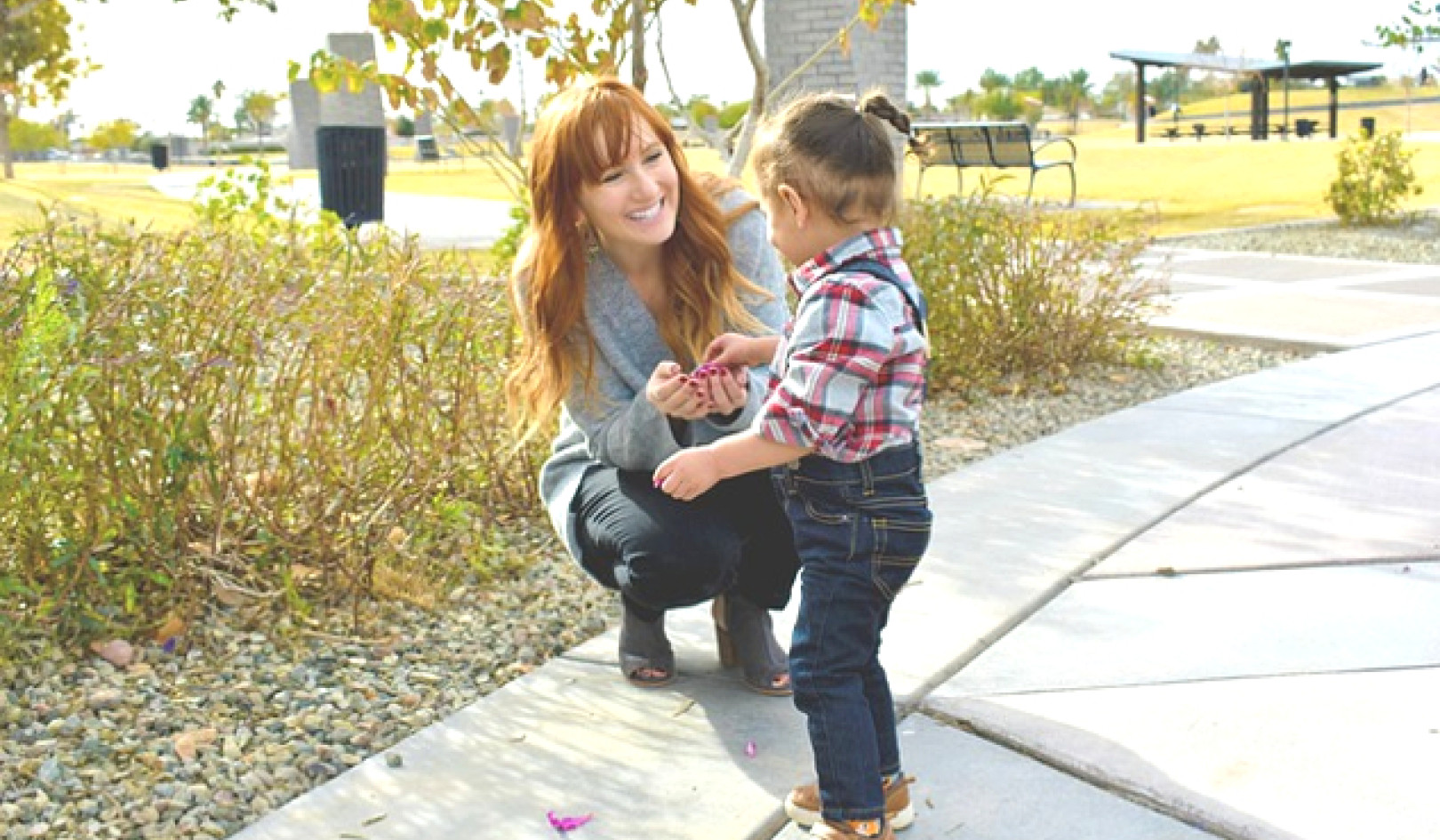
Sadness, unhappiness, and despair (typically called depression nowadays) and feelings of anxiety and worry (which, like sadness, nowadays typically result in a diagnosis of a mental disorder and a pharmaceutical intervention) are epidemic worldwide — and have always been epidemic.
It is human to despair, and it is human to worry. But when either of these realities, or both at once, becomes the predominant coloration of family life, then you must contend both with your sad and anxious family members and with your own “sympathetic” sadness and anxiety.
Typically, sad families make us sad, and anxious families make us anxious. Of course, life isn’t quite that simple: sometimes we react to the anxiety and edginess of somebody in our family by refusing to worry, by taking risks, and in other ways trying to fight off the family anxiety. Or we may try to deal with the sadness in our family by putting on a false smile and acting as if everything were perfectly fine — by becoming a Pollyanna — and developing stomachaches, headaches, and other forms of mental and physical distress as we try to fool ourselves into a happiness that we do not actually feel.
When Sadness or Anxiousness Are Hidden
Because it is surprisingly difficult for a human to openly admit to being sad or anxious, these feelings in your family may never be made explicit, either by those who experience them or by other family members who must deal with the consequences of those hidden feelings.
It is extremely rare, for example, for a parent to come home from work and say to the family, “I am feeling very sad today,” or “I am feeling very anxious today.” It is considerably more likely that the parent will start drinking, find something around the house to be upset about, demand that everyone be quiet so that he or she can watch television, shrink away for some private time, or act out his or her distress in some other way without frankly reporting it.
This unreported and unacknowledged anxiety and despair inevitably affects you. And there may be some sense, about which we currently know nothing and which may forever elude research, in which you yourself were born a little sadder or a little more anxious than the next person.
If that’s the case, it may also be true for other members of your family. That means you are confronted by two separate but related challenges: the sadness and anxiety that are part of your original personality, and the sadness and anxiety that you have acquired through family life that are part of your formed personality.
Chronic Family Sadness and Anxiety
Family therapists, who believe that individual problems must be viewed in a family context, tend to think of states like sadness and anxiety as either acute or chronic. Acute anxiety and sadness come and go and relate to actual events and particular circumstances. Chronic anxiety and sadness, by contrast, are pretty much always there: they affect family life on a daily basis.
Your father may be sad because he just lost his job, or he may be sad because sadness is the background coloration of his life. The first state is acute or situational, and the second is chronic and often inter-generational: the basic coloration of his family of origin may have been one of sadness, too.
Likewise, your sister may be anxious because she has to perform in her school play, or she may be anxious because she was born with or has acquired a generally anxious nature. The first expression of anxiety is situational and will pass once the performance is over; the second is persistent and maybe even pervasive, and it will affect everyone in the family.
If you grew up or are now living in a sad or anxious family (or both), it’s likely that you too have become chronically sad and anxious. Do you experience these feelings in response to concrete and specific events, like an upcoming test or a job review, or are they a chronic coloration of your life, part of the contours of your original personality and your family experience?
Families As Incubators Of Chronic Anxiety And Sadness
Family therapists see families as incubators of chronic conditions like anxiety and sadness. The therapists Steven Harris and Dean Busby explain how Murray Bowen’s family systems theory, which sees families as “closed systems” where every action and interaction affects everyone in the family, conceptualizes family anxiety.
Every individual and family experience two types of “anxiety” throughout the course of life: acute anxiety and chronic anxiety. Chronic anxiety is transmitted generationally. Acute anxiety, by contrast, occurs when significant psychosocial stressors happen in the life of an individual or family system. An example of acute anxiety is the birth or death of a family member, a child leaving home to go to college, a life-threatening event or some other experience that occurs within the system.
Family systems theory assigns less importance to traumatic events in understanding an individual’s emotional development than it does to ongoing family process. Events may highlight some aspects of the nature of the process, but the events are not the process.
What this means for you is that you may find yourself sad or anxious in the absence of particular events that cause such feelings. In your everyday life, you are likely to feel sad and anxious by virtue of the fact that the extended family system promotes those feelings. In turn, your feelings maintain the family’s high levels of sadness and anxiety. This cycle is common in difficult families, yours included.
Being Yourself in a Sad or Anxious Family
What can you do if sadness and anxiety are circulating in your family system? You can manifest the following eight skills:
1. Be smart. Both sadness and anxiety are part of the human picture: these twin demons are not leaving our species anytime soon. It is smart to accept their reality and to resolve that you will deal with them openly and honestly.
2. Be strong. Sadness and anxiety in your family weaken all family members, who likely find themselves tiptoeing around, muffling their energy, and dimming their passion as a result. To counteract this tendency, practice your strength skills every day, just as if you were in training for a marathon or an Olympic event.
3. Be calm. If you’re dealing with a family made up of anxious people whose jitters and never-ending worries color your days, then you have the job of not falling into line with their anxious natures and of being diligent about practicing calmness in the midst of all that upsetting energy. If anxiety surrounds you, no skill is more important to practice than being calm.
4. Be clear. Take the time to educate yourself about the current controversies in the mental health field. For example, it will make a huge difference in your life whether you conclude that you and other family members are experiencing a biological malfunction of some sort or whether your feelings are your natural reaction to life experiences.
5. Be aware. Notice what’s really going on around you. If your mother takes to her bed with some unnamed ailment, be aware that it may be despair and not illness sending her there. If your brother starts complaining about his teachers, be aware that he may be sad and despondent about a decline in his grades. If your grandmother begins to make excuses about why she can’t visit often, look for the anxiety that creeps in as people age. Sadness and anxiety may be lurking or hiding in your family life much more often than you think!
6. Be brave. If your mom or your brother is despairing, but that despair hasn’t been named or acknowledged, you might want to bravely be the one to say to your mom, “You are so sad, you must try something,” or to your brother, “Jack, I know how unhappy you are. Can we please talk about it?” It takes courage to say this, especially if the sadness is a family secret, but you can do it if you manifest your bravery.
7. Be present. It is hard to be present in the midst of anxiety. Our first reaction to finding ourselves in an environment permeated by anxiety is to flee. If your family gives off anxious vibes, it will take you real effort to stay present, centered, and grounded when you’re around them. When you notice that you want to flee your family, say to yourself, “I can stay here and be present, even though they are making me feel anxious!”
8. Be resilient. If sadness and anxiety have infiltrated your system and are now a part of your formed personality, or if they are part of your original personality, then they will keep returning to challenge you, and you will need to use your resilience to deal with them. Remember: with resilience you can deal with the challenge of sadness and anxiety returning!
Food for Thought
Here are a few questions that will help you determine whether you grew up in a sad or anxious family, whether you are in one currently, and, if either is true, what you want to do about that now.
Engaging with these questions will help you become better aware of your own situation. That awareness may open the door to important changes that you might make to reduce your sadness or anxiety or to handle other challenges.
1. To what extent was your family of origin a sad or anxious family?
2. If your family of origin was a sad or anxious family, what were the consequences for you?
3. To what extent is your current family a sad or anxious family?
4. If you currently live in a sad or anxious family, how can you deal more effectively with the challenges you’re facing?
©2017 by Eric Maisel. All Rights Reserved.
Reprinted with permission of New World Library, Novato, CA.
www.newworldlibrary.com or 800-972-6657 ext. 52.
Article Source
Overcoming Your Difficult Family: 8 Skills for Thriving in Any Family Situation
by Eric Maisel, Ph.D.
 This book serves as a unique “field guide” to common types of dysfunctional families — authoritarian families, anxious families, addicted families, and more — and how to thrive despite those dynamics. You’ll learn to maintain inner peace in the midst of family chaos and create a better life for your whole family.
This book serves as a unique “field guide” to common types of dysfunctional families — authoritarian families, anxious families, addicted families, and more — and how to thrive despite those dynamics. You’ll learn to maintain inner peace in the midst of family chaos and create a better life for your whole family.
Click here for more info and/or to order this book on Amazon.
About the Author
 Eric Maisel, PhD, is the author of more than forty works of fiction and nonfiction. His nonfiction titles include Coaching the Artist Within, Fearless Creating, The Van Gogh Blues, The Creativity Book, Performance Anxiety, and Ten Zen Seconds. He writes the "Rethinking Psychology" column for Psychology Today and contributes pieces on mental health to the Huffington Post. He is a creativity coach and creativity coach trainer who presents keynote addresses and life purpose boot camp workshops nationally and internationally. Visit www.ericmaisel.com to learn more about Dr. Maisel.
Eric Maisel, PhD, is the author of more than forty works of fiction and nonfiction. His nonfiction titles include Coaching the Artist Within, Fearless Creating, The Van Gogh Blues, The Creativity Book, Performance Anxiety, and Ten Zen Seconds. He writes the "Rethinking Psychology" column for Psychology Today and contributes pieces on mental health to the Huffington Post. He is a creativity coach and creativity coach trainer who presents keynote addresses and life purpose boot camp workshops nationally and internationally. Visit www.ericmaisel.com to learn more about Dr. Maisel.
Watch a video with Eric: How to Make a Meaningful Day
Watch an Interview with author, Eric Maisel




























